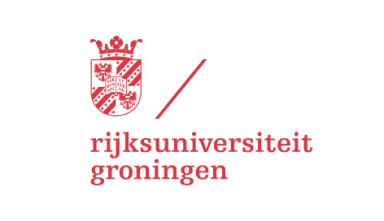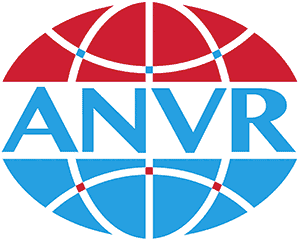Da'Vinci
JF-Expert Member
- Dec 1, 2016
- 35,679
- 106,788
- Thread starter
- #421
Miaka 500 iliyopita binadamu ndio waligundua kua hii dunia ni duara na yenyewe ndio inzunguka badala ya jua, zaidi ya miaka 3950 iliypita binadamu alikua anajua chanzo cha wanadamu alikua mwanamke mmoja na mwanaume,zaidi ya miaka 30 iliyopita binaadamu akatoa nadharia yake kua dunia ilikua haikaliwi na mtu hapo mwanzo mpaka pale ulipotokea mlipuko mkubwa (the Big bang) huko angani (space).
Ninachoona kutokana na kuendelea na kuhama kwa teknolojia na sayansi (Transformation and development of science & technology) kutapelekea idadi kubwa ya watu kutoamini uwepo wa Mungu na kuamini zaidi sayansi hasa miaka ijayo ambapo teknolojia itakua imekua kwa hali ya juu. Kwa mfano kama umefuatilia gunduzi za mwanasayansi Elon Musk kuhusu kubadili dunia kua ya kijanja (smart world) kwa kutumia project zake mbalimbali kama 4D printing,Project zake kwenda kuishi sayari ya Mars, Hyperloop transportation nk nk au Teknolojia ya kurudisha uhai kwa kutumia barafu/baridi Pia kutokana na mambo mbalimbali yaliyotabiriwa ambayo kwa sasa yanatokea kuhusu Anti-Christ administration.
TIP. Mwaka 1958 kunamwandishi aliandika kitabu kuhusu safari za mwandamu kwenye sayari zingine akaandika kua binaadamu atakayefanikisha wanadam kutawala sayari ya Mars anaitwa MUSK
Ninachoona kutokana na kuendelea na kuhama kwa teknolojia na sayansi (Transformation and development of science & technology) kutapelekea idadi kubwa ya watu kutoamini uwepo wa Mungu na kuamini zaidi sayansi hasa miaka ijayo ambapo teknolojia itakua imekua kwa hali ya juu. Kwa mfano kama umefuatilia gunduzi za mwanasayansi Elon Musk kuhusu kubadili dunia kua ya kijanja (smart world) kwa kutumia project zake mbalimbali kama 4D printing,Project zake kwenda kuishi sayari ya Mars, Hyperloop transportation nk nk au Teknolojia ya kurudisha uhai kwa kutumia barafu/baridi Pia kutokana na mambo mbalimbali yaliyotabiriwa ambayo kwa sasa yanatokea kuhusu Anti-Christ administration.
TIP. Mwaka 1958 kunamwandishi aliandika kitabu kuhusu safari za mwandamu kwenye sayari zingine akaandika kua binaadamu atakayefanikisha wanadam kutawala sayari ya Mars anaitwa MUSK













